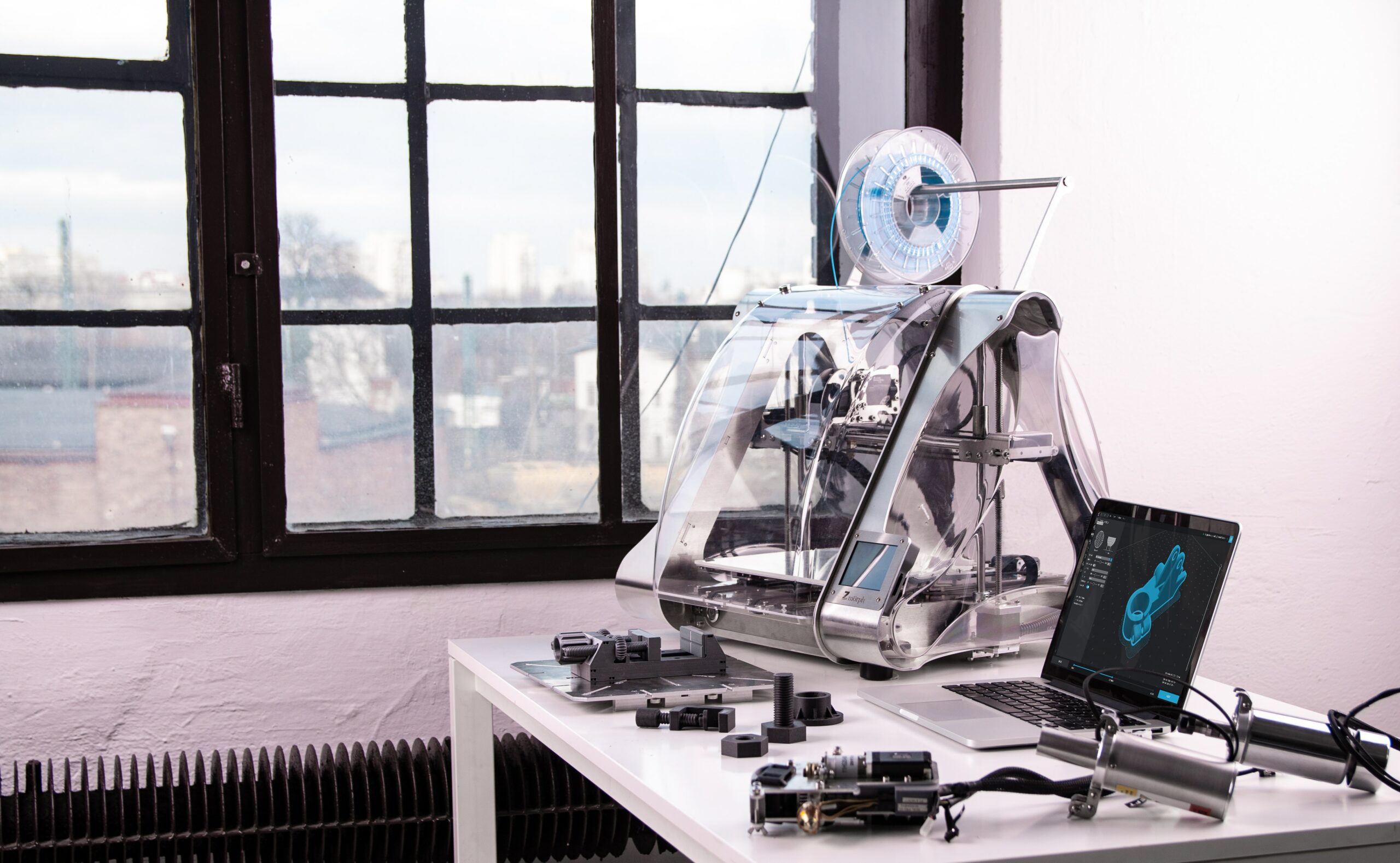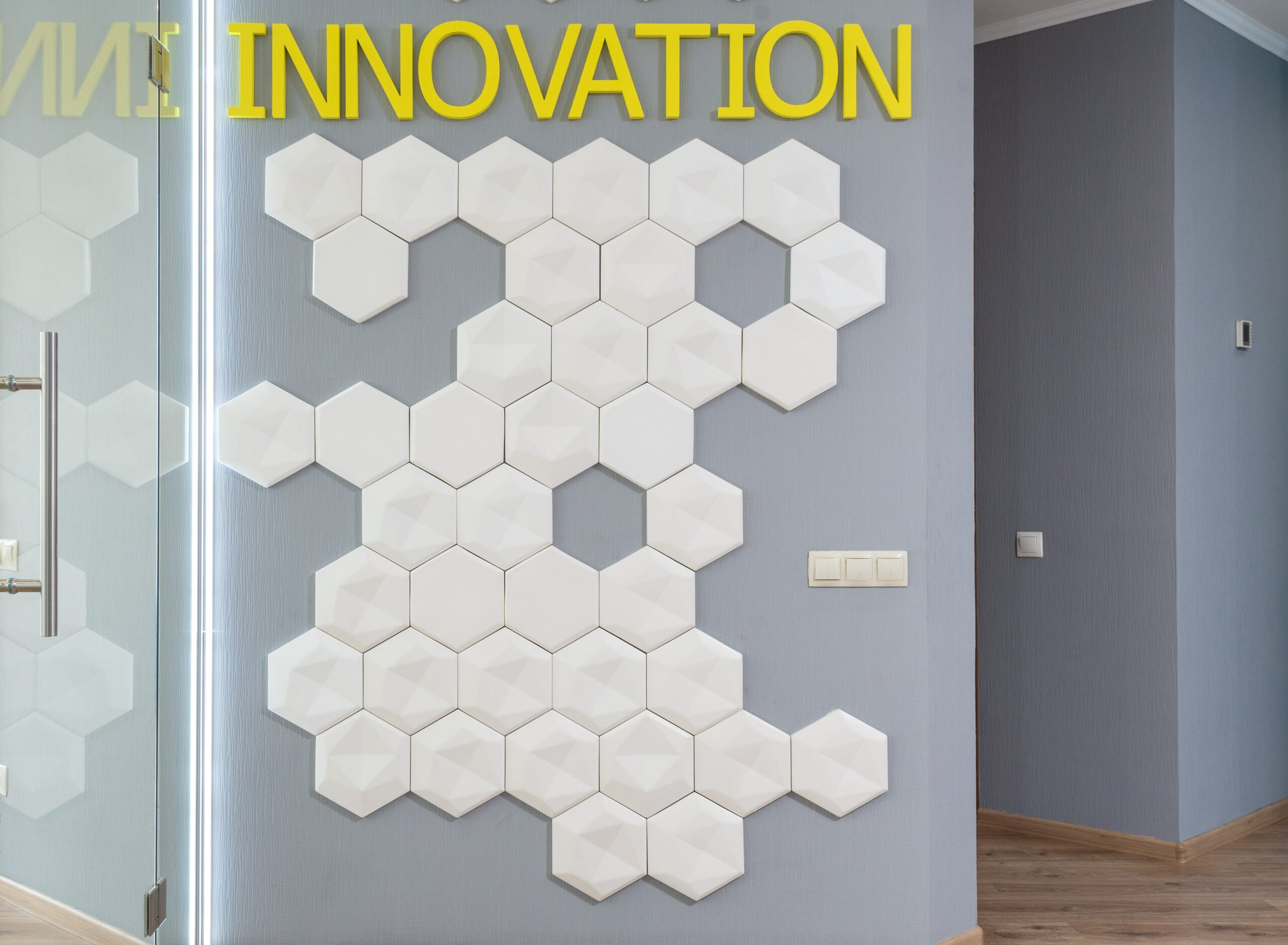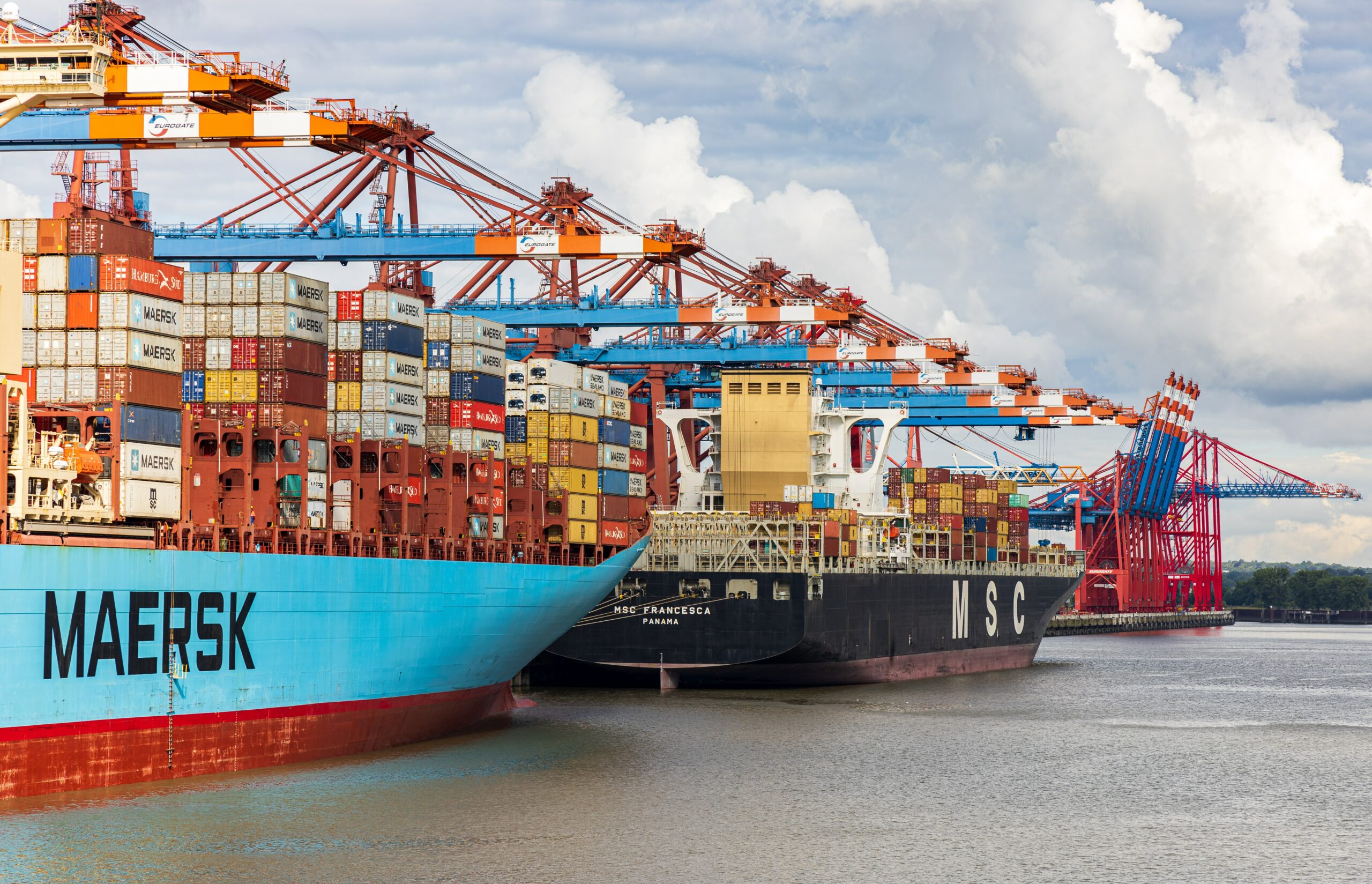In her interview Nicola Leibinger-Kammüller is giving insights in the challenges of leading a traditional family enterprise, how TRUMPF is recruiting new talents and how her academic background as a philologist helped her in a laser technology company. Furthermore, she talks about the role of women within this industry sector and the importance of a dialogue between business and politics.
You are the CEO of a traditional family enterprise. Do you experience any particular benefits or constraints in the management because of the familial structures?
I do get asked that question every now and then, and over the years, my answer hasn’t changed. As I once put it: if things are going well, the family-owned company is the best possible type of enterprise with a view to rapid decision-making, fast implementation, shared values, and a specific corporate culture. If the family members don’t agree and there are constant disputes about the company’s strategic orientation (which, thank goodness, isn’t the case at TRUMPF), the family-owned company can certainly be the most difficult type of enterprise too. Not to say a bit of a nightmare.
As a graduated philologist, you’re an expert in languages and literature studies. How can you personally benefit from your broad knowledge in your working life as an entrepreneur, and how important a role does communication play for you?
Modern business management presents increasingly tough challenges when it comes to communication skills, one might also say, integrative skills. It’s not only markets that are different, and often more heterogeneous, than they were before – employees, and social surroundings, have changed as well. These days, simply being a specialist in your field is no longer enough (if it ever was). Right now, and especially in times of crisis like these, it’s more about creating a “home” for employees, providing a sense of purpose in addition to simply making a living, and being present in the public dialogue. Ducking issues, inwardly or outwardly, or hiding behind statistics, no longer works today. In that regard I’d say that my studying the humanities was helpful. Far more important than my studies, mind you, was being born into the family firm – into something that was there every minute of every day.
In 2006, the Manager Magazin wrote about you „TRUMPF-Chefin: Eine Frau mit Haltung“ (TRUMPF boss: A woman with attitude). What is your attitude towards freedom in the age of digitalization, what challenges is society facing regarding modern technologies, and how can family businesses like TRUMPF remain competitive in times of globalization?
Attitude and values are important and indicatory – especially in the age of digitalization, of communication, and of “social media bubbles”. People don’t always see technological change as an opportunity, and they’re sometimes slightly unsettled by it. But it is necessary, especially for the manufacturing industry, surrounded as it is by competitors from all over the world. In fact, it’s essential for our survival, enabling us to maintain our competitiveness in an increasingly tough global environment. In that regard, being a part of this transformation and identifying opportunities is something that’s extremely important to us as a company.
How do you manage to balance your personal freedom and your duties as CEO? How important is it in your opinion that employees should be free in terms of their working hours or decision making?
I feel that the frequently-used term “work-life balance” is actually wrong. It suggests that „life“ is something that takes place outside of work, and is strictly separate from it. To me, that sounds like the social doctrine of the 19th century, when the concept of capitalism came into being. In truth, our working life shapes our everyday life in a positive way and is just as conducive to personal development as our leisure time. Everyone has to find the mix that is right for them. I’ve found mine. And, depending on the economic situation, and as far as operational procedures allow, we also offer our employees the freedom to organize their working hours. However, despite all the emphasis on open individualization that is typical of the so-called Generation Y, the well-being of the company should never be up for discussion. And so far that’s worked out just fine for us.
TRUMPF finds itself in a very competitive environment with 3D printing. Good engineers are very important in order to keep the leading role in this industry sector. How does TRUMPF manage to win young talents for the company and are there any efforts to make students aware of TRUMPF through university marketing?
Additive manufacturing is just one of the areas with a shortage of skilled workers. Engineers, especially IT specialists, have been in demand for years – and we do a lot to get into contact with potentials for TRUMPF at the universities, at employer branding events in the company, on Social Media channels, to name just a few. If you’re located in a region with highly attractive employers like Daimler, Bosch and Porsche, who act rather like “vacuum cleaners” in the recruitment market, you certainly have to be inventive and creative as a B2B company. At TRUMPF, alongside attractive jobs, we also offer a special corporate culture – at any rate, that’s what our new employees tell us. And wherever the future is being created – whether it’s e-mobility, energy-saving construction, or the coating of microchips – tools from TRUMPF are there too. Who else can say that about themselves?
According to a study by Handelsblatt, female board members are still a rarity. TRUMPF has set the target of the proportion of women in management to be 16.7 percent and for the Supervisory Board 33 percent. How do you think these targets will evolve in the future?
I’m no fan of quotas. We need an industry-specific perspective on the cohorts of executives that completed their studies ten or twenty years ago. The cohorts in the mechanical engineering sector are obviously not the same as those in linguistics. That’s why we always have to foster the objectively best people for the benefit of the company and its workforce, irrespective of gender – even if that position isn’t exactly en vogue politically at the moment. Young fathers also need support when deciding whether to take parental leave and also when returning to work again. This is why TRUMPF has such a strong focus on innovative working time models which are the best support not only but still mainly for women.
I’ve found that women sometimes don’t want to take the next step, or don’t trust themselves to do it. We support them there, we show them that it’s possible, and we point out female role models. And I’ve introduced a „secret quota“ because I always want a woman among the candidates for certain posts. Ultimately, though, the decision has to be made as objectively as possible on the basis of professional competence and personality. Anything else would, in my opinion, constitute discrimination against men.
In an interview with the newspaper „Welt“ in September 2018 you criticized that it would come to an estrangement between business and the government, besides personal contacts. Do you think that this development has changed in a positive or negative way during the last year, and where do you see the main areas of conflict between business and politics?
When I mentioned the estrangement between business and politics I wasn’t referring to summits, top-level talks, or other such public discussions. There’s no shortage of those, especially when sustainability and other issues of common concern are on the agenda.
What I miss is an increasing empathy for the problems and everyday worries of many companies when it comes to issues such as taxation of the German economy in international comparison with our main competitors, or documentation obligations. Our worktime regulations are still too rigid, we have all the complex requirements in the building sector, and so forth. This is where, on the negative side, I can see the danger of many entrepreneurs – especially those from small and medium sized companies – dissociating themselves inwardly from the political logic in Brussels and Berlin. On the positive side, though, if there were a stronger rapprochement, I also see an opportunity to make the framework for our innovative German industry more competitive again for the years to come.






